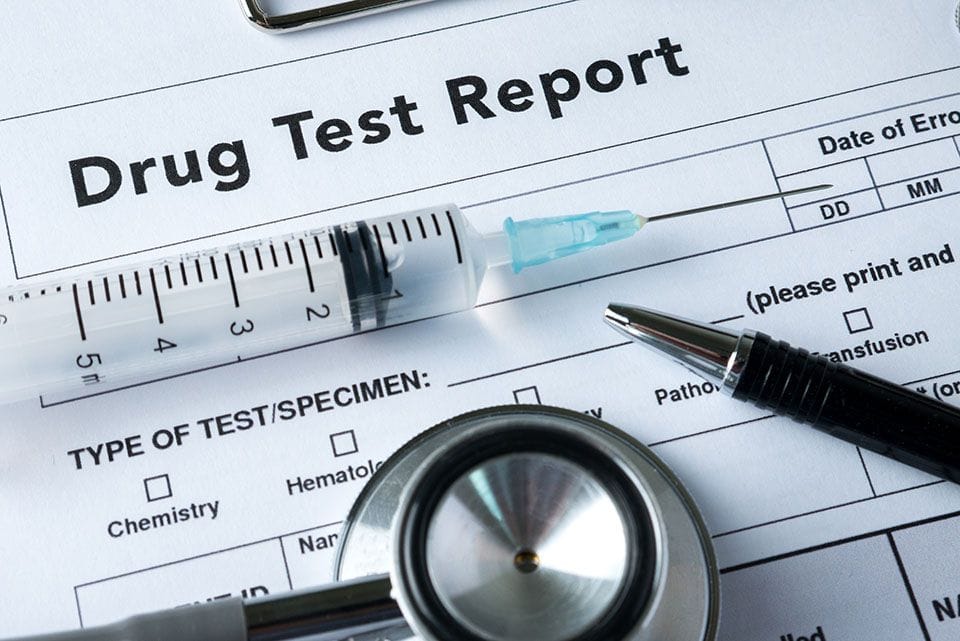Misusing alcohol is a serious problem. In speaking of alcohol misuse sometimes the term alcohol abuse is used while other times the condition is referred to as an alcohol dependency. What is the difference? Is there one? The answer is yes, there is a difference.
Alcohol Abuse
The person who abuses alcohol uses alcohol to the point of harm. This person is also characterized by engaging in high risk behaviors as a direct result of drinking. The alcohol abuser drinks even though negative consequences are repeatedly encountered when they do so. Alcohol abuse often results in high risk behaviors like drinking and driving, underage drinking, risky sex and a negligence toward responsibilities due to drinking. People who abuse alcohol are affected by their impaired judgment. They make hasty and poor decisions about sex and because of that are at an increased risk for unplanned pregnancy, contracting a sexually transmitted disease (STD), or even becoming the victim of sexual assault. This person’s repeated irresponsibility and unwise decisions creates ruptures in close relationships. School work and career obligations are not given proper attention and there are often serious consequences. Even though they’ve not become alcohol-dependent, their body is still damaged by excess alcohol consumption. The person is liable to alcohol poisoning, neurologic harm and liver damage. Abusers of alcohol nevertheless retain a measure of self-control over when and how much they drink.
Alcohol Dependency
This person experiences a physiological and psychological need for alcohol. Because excessive drinking has persisted, the person’s body has become alcohol-tolerant. Now the person can consume large quantities of alcohol with little outward evidence. However, if the person is denied alcohol, the body cries out in protest. The condition is marked by cravings. There are four symptoms used to diagnose alcohol-dependency: tolerance, cravings, uncontrolled drinking (versus the abuser who can still stop), and physical signs of dependence and withdrawal. Like the person who abuses alcohol, the alcohol-dependent person also faces impaired judgment along with serious health ramifications from drinking. In this case, the secondary illnesses are often permanent: brain damage, heart disease, liver disease and cancer. Alcohol abuse is highly treatable. Usually short-term outpatient treatment can help the person turn the behavior around. By contrast, alcohol dependency usually requires skilled help from someone at an inpatient rehab facility. Overcoming dependency may take a significant amount of time and support. The precise causes of alcohol abuse and dependency are much studied around the globe and new treatments are the source of constant research. Alcohol abuse usually precedes alcohol dependency, so finding ways to identify those most at risk and treating them successfully could go far in preventing the more serious problem of alcohol dependency.



